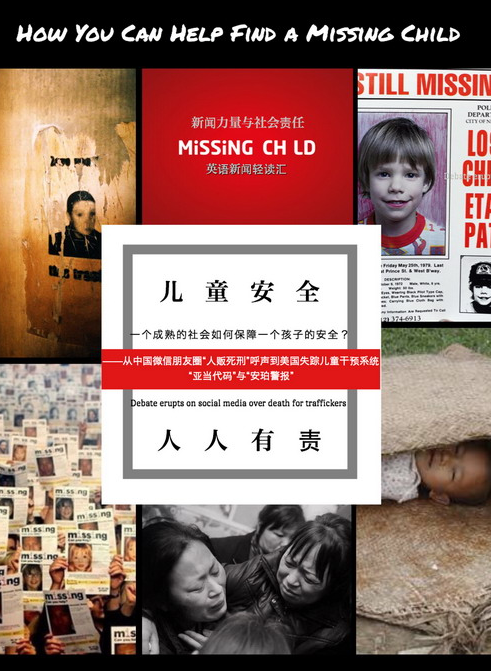人們常說:“你的經歷塑造了你”,尤其是那些在成長過程中經歷的事對心理造成的潛移默化影響,比如小時候得到足夠的關愛和尊重,長大后很可能變得溫和、善解人意,而如果受到欺凌,被冷漠對待,成年后的行為會不自覺地帶著憤怒,懷疑,自負、充滿攻擊性,或正好相反,懦弱、膽怯、退縮、自卑…。

Dialogue 2
Xiao Gao: There sure are a lot of kids in the park today.
小高:今天公園里的孩子真多呀。
Jingjing: Yeah, there are. Hey, look over there. It looks like one of the boys is bullying that other kid.
京晶:確實是,嘿,看那邊,看起來有一個男孩兒正在欺負另一個孩子。
Xiao Gao: They're just being kids, relax!
小高:那只是孩子間互相打鬧,別緊張。
Jingjing: When you're bullied as a kid it can have long-term effects on you, even when you become an adult.
京晶:在孩童時代受欺負會對人有長遠的影響,甚至可以延續到成年時期。
Xiao Gao: How do you know? Are you a psychologist?
小高:你怎么知道,你是心理學家嗎?
Jingjing: No, but I experienced it myself when I was young. It was devastating.
京晶:不,但我小時候自己親身經歷過,真的非常具有毀滅性。
Xiao Gao: Really? How can something that happened to you when you were a child affect you now?
小高:真的嗎?小時候發生的事情怎么能一直影響到現在的你?
Jingjing: Childhood is an important part of growing up. Our personalities are still developing during that time.
京晶:童年是人生成長當中非常重要的一個時期,我們的性格大多在那一時期發展形成。
Xiao Gao: Well, what would make someone want to bully someone else?
小高:那么為什么有的人想要欺負其他人呢?
Jingjing: I'm not sure,maybe his parents don't give him enough love and respect at home.
京晶:我也不太清楚,可能是他的父母沒有在家里給他足夠的愛和尊重。
Xiao Gao: Interesting.I'll have to go home and do some soul searching. Maybe there's some things that are still affecting me from when I was young.
小高:有意思。我得回家做做自我反省,沒準兒我小時候發生的事情到現在也還在影響著我呢。
習語短語
1. bully (someone) = 嘲笑或欺負某人
2. long-term effects = 長時間的影響,通常指負面的,不能用藥物治療的影響
3. psychologist = 心理學家或心理醫生
4. devastating = 具有毀滅性的
5. childhood = 童年,通常是13或14歲以下
6. soul searching =(對自己的信仰和心理動機的)自我反省,自我探索











